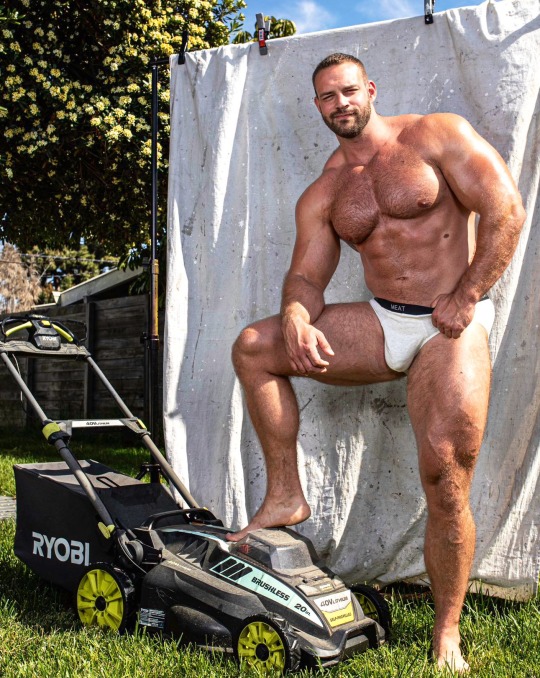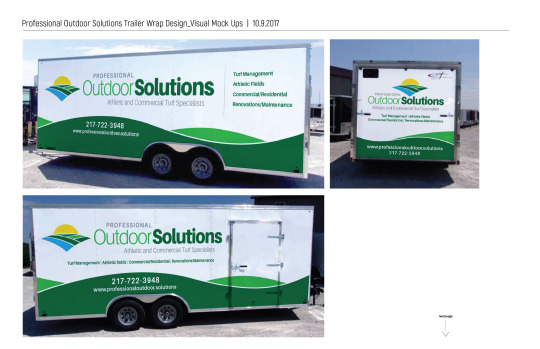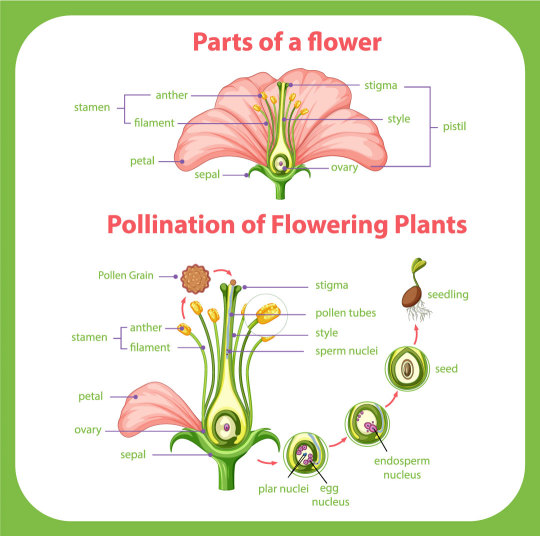#Lawncare
Explore tagged Tumblr posts
Text
My lawn care guy looks as healthy. B 😃 https://www.instagram.com/guysshowingofftheirmuscles
560 notes
·
View notes
Text

POV: my lawn getting aerated
#lawncare#spongebob#spongebob squarepants#dennis spongebob#lawn aeration#lesbian#butch#dyke#butch lesbian#queer#tndl
23 notes
·
View notes
Text
#tiktok#gardening#lawncare#lawn care#lawn & garden#gardening tips#organic#insects#bugs#levertthebassman
18 notes
·
View notes
Text

12 notes
·
View notes
Text
Country music rocks my world!!!
#taylor swift#country#billboard#comedy#friendship#the mandalorian#super mario#across the spiderverse#ted lasso#musicindustry#tv shows#tv series#movie investors#singapore#space#pandora#investors#iheart music#festivevibes#fed#katekyo hitman reborn#zebra#lawncare#rodeo clown#mike tyson#heavy metal#american#podcast#country girls#cotton candy
3 notes
·
View notes
Text

Admire the beauty of white and yellow daisies growing in the garden. A perfect addition to your lawn and garden collecti...
4 notes
·
View notes
Text

Be Safe, Keep it in the Bag...
Toro Riding Lawnmowers, 1961
#60s ads#vintage ads#60s homes#60s lawncare#1961#1960s#60s#sixties#early 1960s#toro mowers#riding mowers#60s advertising#vintage advertising#lawncare#innuendo#b&w
4 notes
·
View notes
Text


📌Perfect gardens, happy homes 🏡🌱😊 ✨Ready to hire our professional services? ☎️Call us today at:+1 914-224-2021 🌐or visit our website:www.reneslandscapinginc.com 📩[email protected] 📍387 E Main St Jefferson Valley, NY 10535, EE. UU
2 notes
·
View notes
Text
Is Your Landscape Installation Amherst Ready for a Makeover?
#amherstlandscaping#LandscapingService#landscaping#greenparadise#LushLawns#LandscapingGoals#BackyardBliss#grassinstallation#landscapedesign#lawncare#treeservices#hardscapedesign#landscapephotography#landscapelovers#landscape#SoundCloud
3 notes
·
View notes
Text




Ace Landscapes & Turf Supplies
Ace Landscapes & Turf Supplies is Sydney’s leading provider of premium turf and landscaping products. We offer a wide range of turf varieties, perfect for enhancing residential, office, and sports areas. From top soil to mulch, we have everything you need for your landscaping projects. Visit Ace Landscapes & Turf Supplies for the best products and services in Sydney.
#TurfSupplier#Landscaping#SydneyLandscapes#LawnCare#GardenSupplies#LandscapeDesign#TurfDelivery#DIYLandscaping#OutdoorSpaces#LushLawns#GardenMaintenance#GreenThumb#TopSoil#MulchSupplies#LandscapeExperts
2 notes
·
View notes
Text

Chase offers lawn care services. B
775 notes
·
View notes
Text



On May 3rd, from mowing machines to literary triumphs and political milestones, today is a day of innovation, creativity, and leadership!🌾📚👩💼
Follow👉 @biographiness
#Biographiness#Biograghines#TodayInHistory#TIH#OnThisDay#OTD#HistoryEvents#DailyHistory#HistoryFacts#May3#HistoryMatters#History#HistoryInMotion#MowingMachine#LawnCare#PulitzerPrize#GoneWithTheWind#MargaretThatcher#PrimeMinister
2 notes
·
View notes
Text
#building#design#interiordesign#architecture#homedecor#renovation#art#builder#artwork#carpenter#landscaping#landscape#landscapedesign#garden#gardening#lawncare#construction#gardendesign#nature#landscapephotography#landscaper#outdoorliving#plants#lawn#grass#backyard#lawnmaintenance#flowers#patio#landscapearchitecture
2 notes
·
View notes
Photo








Professional Outdoor Solutions Logo and Branding Development
#ralph roether#graphic design#logo design#logo#trailerwrap#business cards#letterhead#envelope#lawncare#outdoor#branding#marketing
9 notes
·
View notes
Text
Diagram of pollination of flowering plants

Learn how flowers reproduce and grow with this helpful diagram of pollination! Discover how bees, butterflies, and other insects help plants by transferring pollen. 🌸🌻
#Diagram of pollination of flowering plants#Pollination#Flowers#Nature#gardeningtips#gardening#gardeningtools#gardeninglife#garden#gardendesign#flowerpower#yardener#gardening tumblr#gardeninspiration#lawncare#gardener#gardening tips#gardeningcommunity
4 notes
·
View notes
Text

Flax - a hardy plant that comes up year after year. And, deer won't eat it!
4 notes
·
View notes